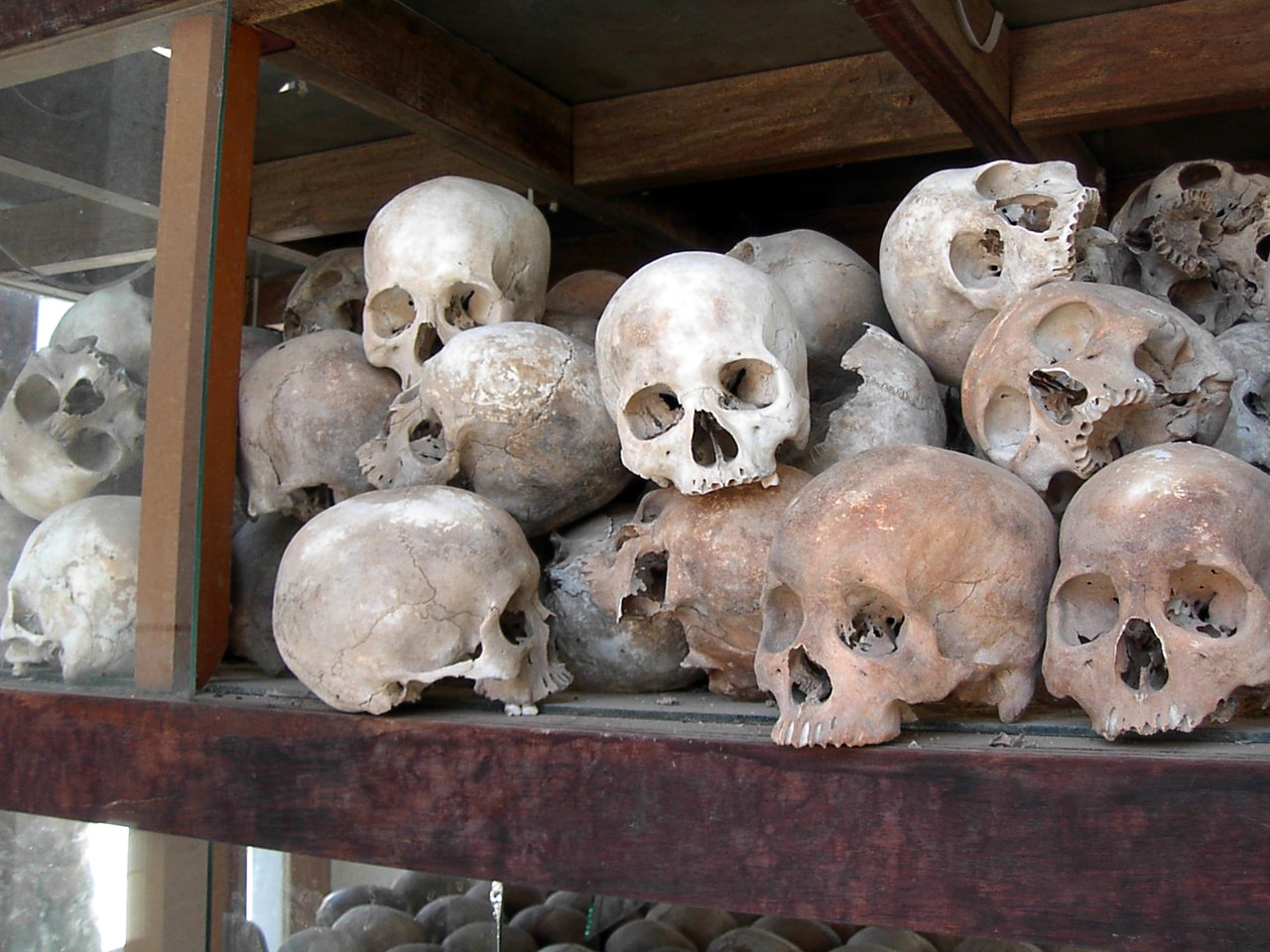If Nietzsche is the most eloquent and obvious evangelist of self-deification and immoralism and aestheticism, he was only one of the many nineteenth- and twentieth-century atheistic “masters of suspicion,” grandchildren of the philosophes, who saw the “death of God” as the means of human “liberation,” however differently conceived or defined. “Honor, power, wealth, fame, and the love of women—the aims of life,” wrote Freud; and the aristocratic Nietzschean contempt that he meant by “honor” might be detected in his remark to the Rev. Oskar Pfister: “I have found little that is ‘good’ about human beings on the whole. In my experience most of them are trash, no matter whether they publicly subscribe to this or that ethical doctrine or none at all.”
But an even more powerful psychologist, and a great perennial adversary of atheism and immoralism, is Dostoevsky. He understood, and profoundly and unforgettably depicts, the atheistic self “beyond good and evil,” who oscillates, like Nietzsche, between joy and despair at his liberation from ethics. With insight so profound as to be foresight, the prophet Dostoevsky foresaw with uncanny accuracy the modern consequences of the “drama of atheist humanism.” Thus Mussolini and Hitler drank at Nietzsche’s well, and the brilliantly feckless Marxist/Existentialist J. P. Sartre wrote that “man is the being whose project is to be God” and that “human effort is the pure effort to become God.” A century after the death of Marx and the passing of Nietzsche’s sanity, their atheistic liberation programs have left a world littered with corpses, slaves, and simple or sophisticated immoralists.
(source: Solzhenitsyn and Modern Literature by M. D. Aeschliman)

See also this infographic, for scale.
